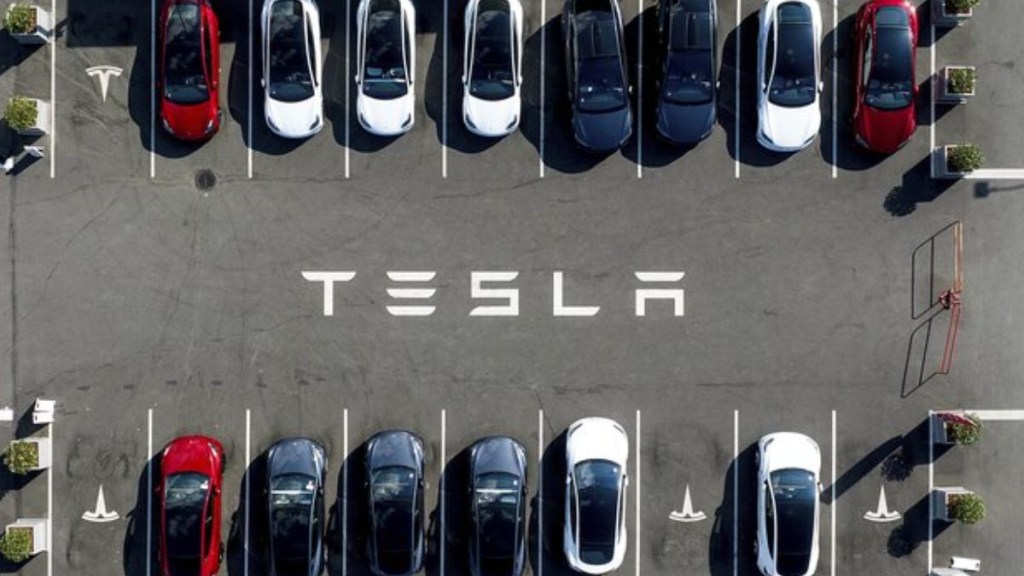Tesla awaits a cardinal verdict in a personal injury trial over a fatal Autopilot crash that occurred in Florida in 2019. This marked the first time Elon Musk’s automaker faced such claims before a federal jury.
The affected petitioners urged the jury to award nearly $345 million in damages, including $109 million in compensatory and $236 million in punitive damages. The suit is based on the blame that Tesla’s autopilot technology is faulty and is the key reason for the mishap. However, the auto company holds the driver accountable.
Florida crash autopilot suit
The deadly accident occurred in Key Largo, Florida in 2019. Tesla owner, George McGee was driving a Model S electric sedan while in the car’s in-built ‘Enhanced Autopilot’, a partially automated driving system. However, in a surprising turn of events, the car accelerated at nearly 100 kmph to ram into a parked car.
The victim of the mishap was Naibel Benavides, 22, who died on the scene from the fatal impact. Along with her was Dillon Angulo, who underwent several physical damages, including broken bones, brain injury, and psychological effects.
The trial, held in the Southern District of Florida, began on July 14. Benavides’ family members testified during the trial and sued for wrongful death and punitive damages. Angulo sought compensation for his medical expenses, pain, and suffering.
Tesla accused in Florida crash
Lawyers from Tesla argued that Tesla’s partially automated driving system was marketed as “partially” automated, Autopilot, in 2019. The plaintiffs argued that the dangerous defects should have been known and fixed by the company at the time.
They also claimed that Musk and Tesla were misleading customers, investors, and the public by exaggerating the safety benefits and capabilities of Autopilot. This, in turn, led the drivers to place too much trust in the automatic driving system.
In response, Tesla’s lawyers argued that the company had informed customers about the proper use of Autopilot and other features, and that the crash was caused by McGee’s driving. During closing arguments, they emphasised that Tesla’s mission is to create technology that saves lives and warned that ruling against the company could set a harmful precedent.
Separately, the Benavides family had previously filed a lawsuit against McGee and settled. McGee was charged with careless driving in October 2019 and did not contest the charges.

